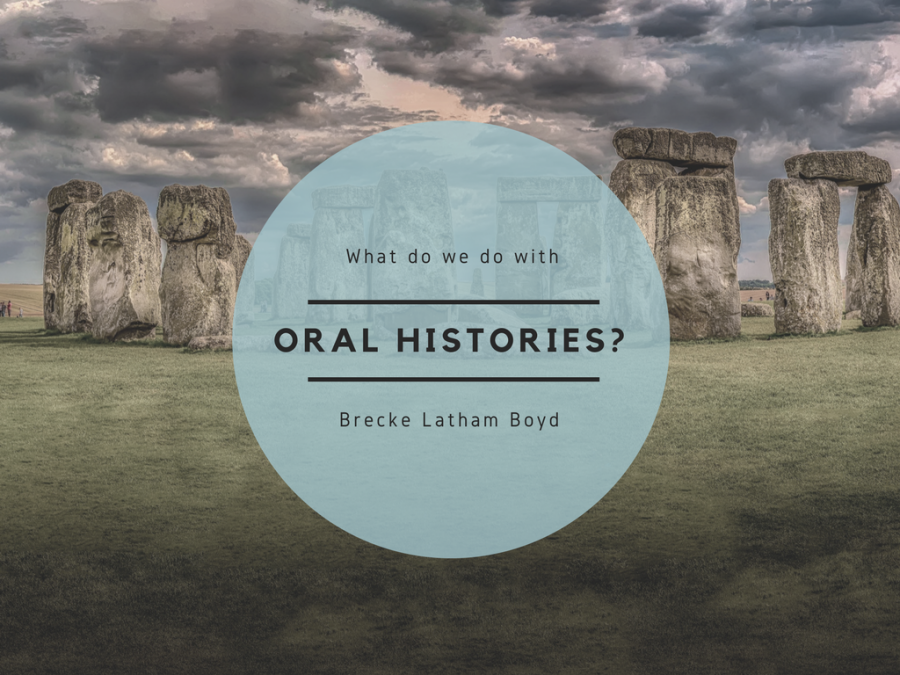On the popular question and answer forum Quora, one user asked, “Is there any time fake new is a good thing?” Naturally, many Americans’ knee-jerk reaction is “absolutely not.” In the US, we highly value the verifiable and documented truth, and as such, we hold our journalists to extremely high standards, both legally and societally. When we discover that a journalist has been spreading false information, they face both the courts of law and a public crucifixion of their reputations. However, if we zoom out a little, the issue is nowhere near as cut-and-dried as we would say it is today.
For long stretches of human existence, “history” was not the cold hard science and exercise in forensic archivism that it is today. Rather, history was passed down orally from elders to younger generations as a means of building a unified cultural identity. Consider the famous Greek tragedies, The Iliad and the Odyssey. Today, we regard these works as highly fictionalized accounts of battles that probably did take place in real life — although, not with the intervention of petty deities. At the time, though, the purpose of the stories was not to provide a factual portrayal of what happened — instead, these tales taught morals and religion.
Countless cultures practiced the passing of oral history. Throughout the entire continents of Africa, Asia, and the Americas, indigenous people used oral histories infused with the supernatural to pass on creation stories, societal values, and explanations for natural phenomena and royal succession.
Fast forward to the Enlightenment Era in Western Europe. The development of the Scientific Method required scientists to test theories and ideas ruthlessly by collecting evidence, drawing on past research, and applying the most critical lens possible to the issue at hand. Naturally, this fundamental shift in what it meant to test a theory and declare something “true” was not confined to the hard sciences. Soft sciences like sociology, politics, and economics also adopted the perspective and required hard proof to determine what’s accurate.
History was soon caught up in this fit of proof and evidence, too. Governments, educational institutions, religious institutions, and laypeople alike all began record keeping on unprecedented levels. To this day, the British government maintains logs detailing every moment of their time as colonizers and the exact amount of damage they inflicted. The majority of society has benefited from relying more heavily on evidence — we have better medicines, more accurate predictions, and highly advanced technology as a result. However, all this innovation left oral histories in an uncomfortable spot.
Oral history now inhabits a peculiar crevice in academia. We can’t teach oral histories as “facts” because they are completely unprovable. However, discounting them totally means that the history of Africa, parts of Asia, and the Americas gets omitted from textbooks and instead are relegated to “myth and folklore” courses. History purists and activists who tout more inclusionary agedas clash often about what to do with these histories and where they do or don’t belong.
Ancient oral histories are different from today’s fake news epidemics in many ways, most notably in the latter’s intent to malevolently deceive. But still, both terms refer to the intentional dissemination of semi- or wholly false information with the end goal of shifting the culture. So to the original question of whether “fake news” can ever be a good thing, the answer has more to do with what we call “fake news” and the purpose of the information.

